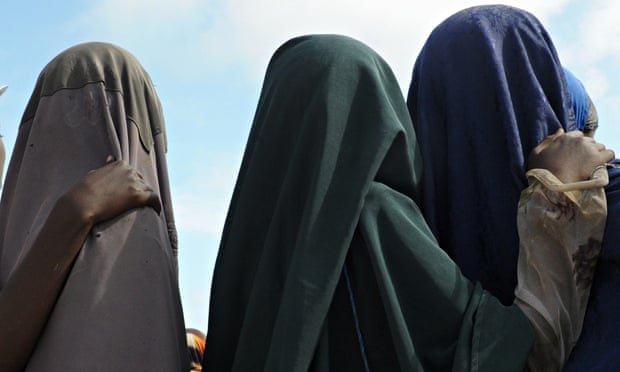
The first bill to define and address sexual offences in Somalia is expected to be presented to the cabinet before the end of this year, updating legislation that has been in place since 1930.
The bill will define rape as a crime against a person, rather than a crime against morality, as it characterised at present. It will criminalise gang rape and introduce legislation against child marriage, human trafficking, sexual harassment and offences committed against vulnerable groups such as internally displaced people.
The new law will also outline the role public officials and police should play in investigating and prosecuting cases, in addition to criminalising the obstruction of justice, protecting the identity of injured parties and witnesses, and – in a major shift for Somalia’s clan-based society – prohibiting the out-of-court settlement of sexual offences cases
However, due to religious sensibilities, the bill does not address marital rape or domestic violence. The latter is widespread in Somalia.
“If you want to affect real change this is not the solution, but it is one part, a very important process,” said Antonia Mulvey, the executive director of Legal Action Worldwide (Law), a Nairobi-based NGO working with the Somali government to draft the bill.
“Without the legal framework in place we are not going to be able to make the other changes. People argue that we are unable to arrest, prosecute or convict because they don’t have the legal framework. This gives them the legal framework.”
The UN reported nearly 800 cases of sexual and gender-based violence in Mogadishu alone over a six-month period last year, although the majority of abuses go unreported. One-third of the victims are children.
Tahlil Ahmed, a senior legal adviser from Somalia who supports Law, said:“We intended to criminalise all aspects of violence without mentioning domestic [violence] because some people believe they have that right, that you are undermining Islam.”
LAW has issued a report explaining that sharia law, which is in force in Somalia, does not conflict with women’s rights.
“Beating your wife and hurting her is not permissible in Islam, as is widely thought,” said Ahmed. “Hurting your wife is wrong in Islam.”
Abdifatah Hassan Ali, who works with the Somali Women Development Centre, said: “Islam uplifts women’s rights in every aspect of life. There is misinterpretation of the Islamic teachings made by the Somali community, and they use it as a tool to oppress women.”
Hassan Ali said the ingrained Somali culture of women as second-class citizens was a challenge to drafting the bill. “Men see sexual offences as an issue for women – they don’t consider it an area in which they should be involved,” he said. Disseminating the message to men will be a critical aspect of implementation, should the bill be passed, he said.
Crimes committed by security forces have been left out of the bill, as they were deemed too sensitive to mention and could have prevented the new legislation from being passed.
The UN estimates that sexual violence committed by armed forces ranges from 30% to 70% of total offences.
In addition to the national army, the African Union has a force of 22,000 troops in Somalia. A Human Rights Watch report found that AU troops have gang-raped women and girls as young as 12 and traded food aid for sex.
The sexual offences bill is not among the 23 priority pieces of legislation going before the Somali parliament before the end of this year’s session. Mulvey has been meeting European donor countries and urging them to push the government to add the sexual offences bill to the priority list.
Source:The Guardian
Kasmaal Information Center/Mogadishu/Somalia